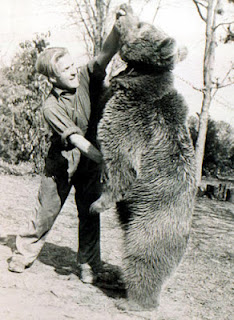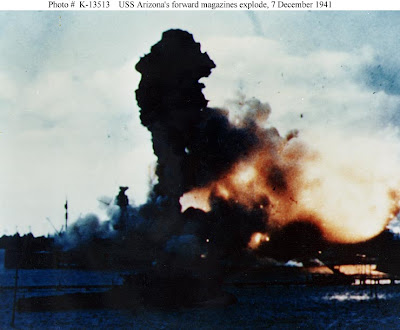Slightly belatedly I have found out that the conviction has been upheld by the Russian Supreme Court.
It is probably no accident that the ‘offending text’ should be Ukrainian, and fairly nationalist, however it was specifically over the following paragraph in the repost that the criminal proceedings against Luzgin were initiated:The trial, appeal, the various testimonies and final decision are so bizarre as to defy any kind of sense.
The communists and Germany jointly invaded Poland, sparking off the Second World War. That is, communism and Nazism closely collaborated, yet for some reason they blame Bandera who was in a German concentration camp for declaring Ukrainian independence.
Russia’s Supreme Court has now agreed that this paragraph constitutes “the public denial of the Nuremberg Trials and circulation of false information about the activities of the USSR during the years of the Second World War”.
It is hard to know what is most shocking in all of this. A prime contender must be Alexander Vertinsky, dean of the History Faculty of the Perm Humanitarian-Pedagogical University. He proved willing to appear for the prosecution and claim that the paragraph really did contain “statements that do not correspond with the position accepted at international level”.The notion that history is to be written according to what was and what was not said at the Nuremberg Trials that were nothing more than the victorious powers finding a way of dealing with the defeated enemy and an otherwise intractable situation is preposterous. A great deal was not said at those trials.
There are also two Russian courts willing to agree that since the Nuremberg Trials did not mention the Soviet invasion, the information was ‘knowingly false’. With the Soviet Union as one of the victors exerting considerable influence at Nuremberg, it was highly unlikely that Soviet collaboration with the Nazis and its invasion would get a mention.
The rulings are extraordinarily cynical. Whatever was said at Nuremberg, any genuine historian will confirm that the Soviet Union invaded what was then Poland on September 17, 1939.
To deny this is absurd when the Molotov-Ribbentrop Pact and its secret protocols which carved up Poland between the Soviet Union and Germany have long been in the public domain, and can be read about in any history book.
Nobody talked about the Katyn murders though there had been a Soviet suggestion of introducing those as part of the indictment. The other Allied prosecutors refused to support that, thus proving that they and their government knew at the time who was responsible and the idea was dropped. Nobody was tried for those, not at Nuremberg, not anywhere else. Are we not to mention Katyn in history books?
As I have mentioned before (probably a few times) the Great Patriotic War remains the one great untouchable myth in the Russian psyche and in order to preserve it they would prefer not to know how much of the death and suffering was the outcome of Stalin's policies. Most certainly, there can be no discussion of anything that might throw a negative light at the country or any of the people, either at the top or lower down.
Without acknowledging the truth, which will show the people of the Soviet Union (not just the Russians but many others) to have fought and suffered with great courage as well as having committed various war crimes as a country and as individuals, Russia cannot move forward.
Meanwhile, Luzgin's lawyer, Henry Reznik is promising further appeals, probably to the European Court of Human Rights.













